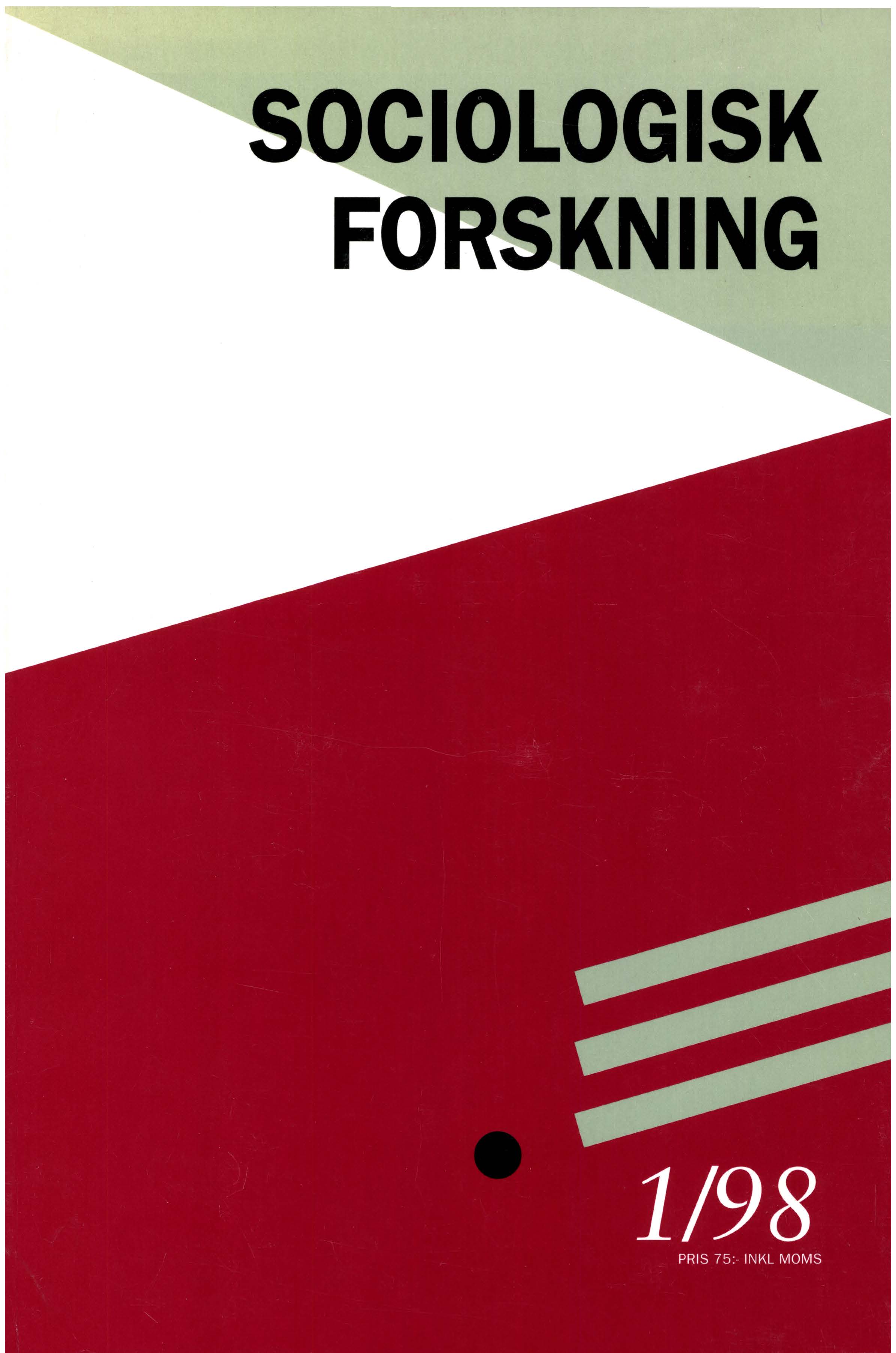Familjebrukets sociologi. Porträtt av den svenske bonden före EU-inträdet
DOI:
https://doi.org/10.37062/sf.35.18502Abstract
The sociology of family farming: Portrait of the Swedish farmer before the EU entry
With the starting point in an ideal-typical definition of the notional family farm, and building on survey data from three parts of Sweden, in this article a portrait of the Swedish farmer is drawn. Family farming is central, both as a goal for European agricultural policy and as a motivating force for the life and work of the farmers. The author argues that family farming should be the focal point also for the sociology of agriculture. The article builds upon a typology of farms developed in earlier works. It is used to analyse the life and work situation of Swedish farmer households before the entry into EU which is analysed in view of the contingent autonomy taken as characteristic of family farming. The analysis demonstrates the price which Swedish farming households are forced to pay for what they tend to call their ”freedom”. Swedish farmers, especially the men, have uniquely high levels of political mobilisation, and they are also much engaged in their own co-operative organisations. Finally, the author shows how farmers’ images of the future reflect the basic predicament of family farming, i.e. on the one hand its contingent autonomy and on the other its importance as a motivating force. A scenario developed on the basis of farmers” future planning shows, on the one hand a likely high ”mortality” for all types of farms; on the other hand, it also signals the reproduction of a differentiated agrarian structure, with the notional family farms as a shrinking minority.
Downloads
Published
How to Cite
Issue
Section
License
All content in Sociologisk Forskning is published with immediate open access, under the Creative Commons license CC BY-NC-ND 4.0.
All content may be read, downloaded, shared and printed for non-commercial purposes, free and without fees. Contents may not be altered. When content is reused, author, source and a link to the copyright licence must be provided. The author retains copyright to their content. No publication fees are charged.





